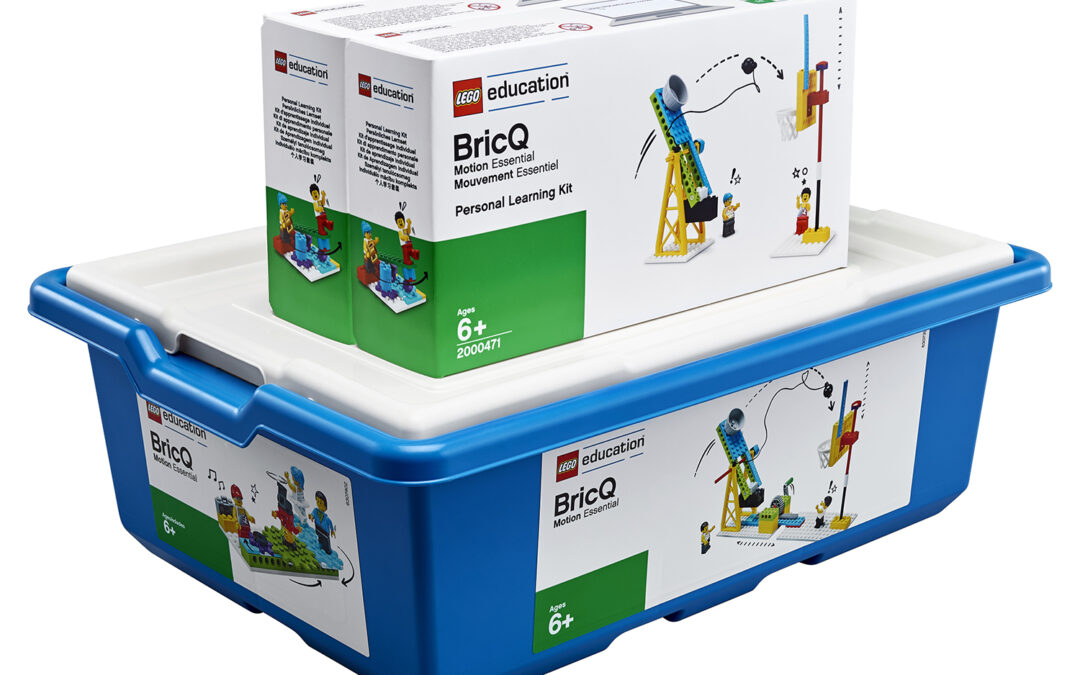Latest Upper Elementary School Curriculum: A Comprehensive Guide
The transition from lower elementary to upper elementary school, encompassing grades 4, 5, and 6, marks a significant milestone in a student’s academic journey. Students undergo a remarkable transformation during this period as they become more skilled, independent learners. They progressively deepen their knowledge across various subjects and take on increased responsibilities, laying the foundation for their future academic success.
Language:
Upper elementary school English education encompasses a broad spectrum with a focus on enhancing reading, writing, speaking, and listening skills. This program covers complex text exploration, deeper grammar understanding, and diverse writing forms. It introduces vocabulary expansion and continues to refine spelling and phonics. Effective oral communication and critical thinking are fostered, along with literary analysis, research, and creative writing.
Math:
The upper elementary school math curriculum in an IB school fosters a profound grasp of fundamental math concepts. Students delve into number theory, geometry, algebra, and data analysis through inquiry-based learning, honing critical thinking and problem-solving skills in real-world contexts. This curriculum adopts a holistic approach, seamlessly integrating math with other subjects. Its core focus is nurturing mathematical literacy, numeracy, and a growth mindset, empowering students to excel as confident and competent mathematicians throughout their IB education.
Science:
The science curriculum for upper elementary students typically covers many topics to build a strong foundation in scientific knowledge and inquiry skills. Students explore life sciences, physical sciences, and Earth sciences. They learn about ecosystems, basic physics principles, and geological processes. Hands-on experiments and investigations are incorporated to promote critical thinking and problem-solving. Additionally, students are introduced to the scientific method and develop skills in observation, data collection, and analysis.
Social Studies:
The social science curriculum in upper elementary school introduces students to geography, history, civics, economics, and occasionally sociology. They learn about local and global geography, explore significant historical events and figures, and grasp basic historical concepts. Civics education emphasizes government principles, citizenship, and civic duties. Basic economics is introduced, including goods, services, and supply and demand. The curriculum also introduces children to map reading and an appreciation for diverse cultures and perspectives.
Technology:
Students delve into various tech-related subjects. They get a taste of basic coding using block-based languages for simple programs and games. Robotics is introduced, offering hands-on experience in automation and problem-solving. Internet safety education remains a priority, teaching responsible online behavior. Additionally, students learn to use cloud-based tools like Google Docs for collaborative document editing and presentations. While graphic design is briefly touched upon, they gain knowledge about image manipulation skills for creative projects. This well-rounded approach equips them with essential computer skills for the future.
Physical Education:
Physical education is pivotal for children’s development, with regular weekly sessions. These classes prioritize fundamental motor skills, teamwork, and sportsmanship. Various sports and activities promote physical fitness, coordination, and a healthy lifestyle. Experienced instructors facilitate structured and unstructured play, enhancing social interactions and physical abilities.
Performing Arts:
The upper elementary school performing arts programs encompass a broad artistic education. With dance, students learn fundamentals like rhythm, movement, and coordination, giving them the opportunity to explore diverse styles. Music education introduces music theory, notation, and vocal training. Students often sing in choirs and explore various musical genres. Inter-school competitions encourage teamwork and a love for the arts, nurturing creativity and self-expression.
The LEGO Education BricQ Motion Essential kit offers upper elementary students’ significant benefits. They gain a deeper understanding of motion patterns through the “Winning with Science” curriculum unit, improving their predictive abilities. Hands-on experiences in this kit cultivate their comprehension of forces and motion.
Furthermore, students acquire problem-solving and critical-thinking skills by exploring real-world applications and conducting experiments. This enhances their scientific inquiry skills and fosters a passion for STEM subjects. Ultimately, the kit equips upper elementary students to apply scientific principles practically, preparing them for future educational endeavors and potential careers in science and technology.






Recent Comments